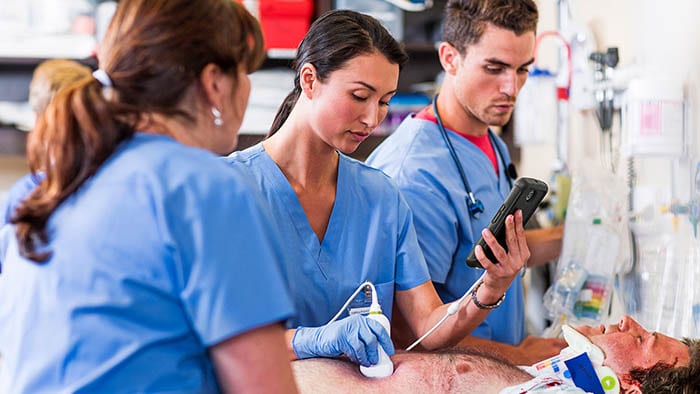Leveraging Unconditional Positive Regard to minimize violence in the healthcare workplace
Need more information on Healthcare consulting?
We will contact you as soon as possible.
As published by Patient Safety & Quality Healthcare, September 4, 2019 There are multiple safety concerns in society today and one unfortunate headline is the frequency of violence in healthcare settings. If you are a healthcare provider, it is safe to say that you have been, or will be exposed to violence in the workplace. It may be from a coworker (lateral violence), patient, or a family member. Healthcare institutions often respond to situations of violence by implementing new policies and rules and most require some type of de-escalation training for their staff. A less frequently discussed method of reducing episodes of violence in high stress situations is Unconditional Positive Regard, a concept developed by psychologist Carl Rogers. I have found this approach to be very successful and encourage you to try it yourself.
Approaching situations in a collaborative manner with unconditional positive regard takes the caregiver out of a role of authority and demonstrates a collective relationship with the patient."
Will Stewart, MSN, RN, CEN, EMT-LP, NE-BC
Consulting Principal
Unconditional positive regard is a learned methodology of increased acceptance and respect for all patients. It requires you to more fully and genuinely respect the person (patient) as a human being with the right to choose how to respond to their situation. It necessitates a non-judgmental approach so that no matter how dangerous or dysfunctional the patient may seem, you accept that they are doing their best. This is a difficult mindset to achieve and until it is tested and successful, often difficult to adopt. Let’s turn to a common example in emergency departments (ED). A patient is brought in by law enforcement and is resistant to care. A urine sample for a drug screen is needed prior to completing the evaluation but when approached, the patient says “Don’t touch me, I won’t give you one”. Often, the response is “You will do this or I will make you” or a similar coercive reply which further disempowers the patient ... Read the full article as published by Patient Safety & Quality Healthcare at Leveraging Unconditional Positive Regard to Minimize Violence in the Healthcare Workplace

